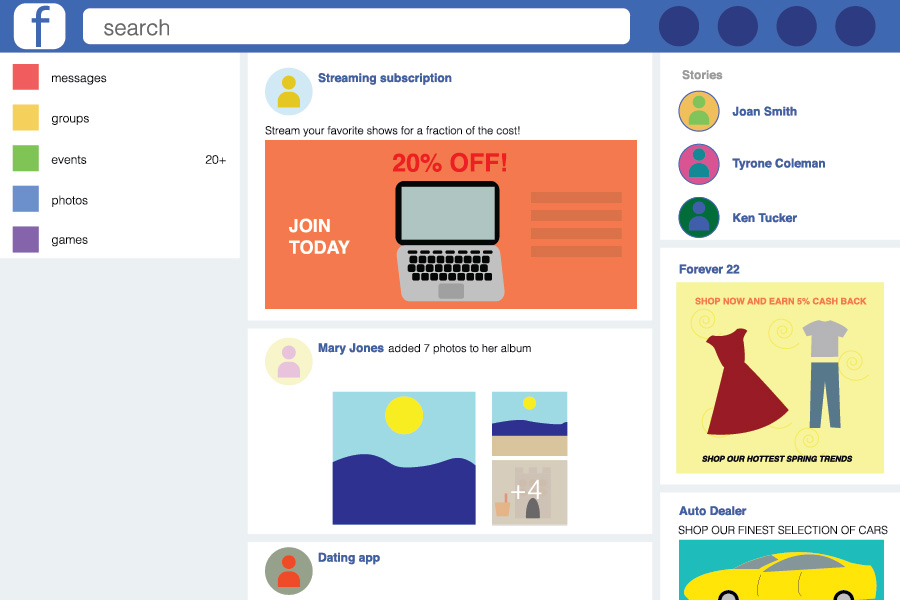
Private data harvesting unlikely to stop after Cambridge Analytica scandal
In the wake of Facebook CEO Mark Zuckerberg’s congressional testimony, many people have come to the conclusion that political campaigns will never be quite the same. The scandal of Cambridge Analytica and the ensuing revelations about privacy breaches among unsuspecting social media users has raised questions about how far campaigns should be permitted to go when conducting opposition research. In a time of deepening polarization, it’s unsurprising that political movements should pursue increasingly aggressive tactics in order to win the approval of the electorate.
The efficacy of this belligerent approach came to light during President Donald Trump’s campaign. The campaign’s choice to contract a third-party firm like the conservative-leaning Cambridge Analytica is a testament to the fact that the rules of political competition are being reassessed through the broadening lens of the internet. Neither the Trump or Clinton campaigns were particularly concerned with the ethics of such fierce opposition research, perhaps because the egotism of both parties often overcame any sense of moral duty that either of them had.
Cambridge Analytica arose at a time when the Western world was at its most ethically vulnerable, when collective anxiety about income inequality, unemployment and political correctness was at its zenith. Perhaps due to a growing feeling of alienation among primarily older and lower-income voters, populist movements began to flourish in both the U.K and the U.S. while former President Barack Obama was in his second term. Firms like Cambridge Analytica recognized that this changing zeitgeist would be beneficial to them. The firm was more than happy to exploit this unease since it meant furthering the often discriminatory polemic outlined in the Brexit and Trump campaigns. Social media simply turned out to be the easiest way to do this.
While it’s unlikely that either of the controversial campaigns anticipated the extent to which the company would be invading people’s privacy, it’s telling that Cambridge Analytica understood that social media was the most effective means of profiling potential voters. Given how public personal data actually is, it’s unlikely that the tactic of online voter profiling via Facebook will actually stop. Cambridge Analytica is being held up as an example of opposition research gone wrong, but we should also be concerned about the potential for other third-party actors exploiting social media users’ political vulnerability. We must not only consider questions about personal privacy but also about whether we want our online data to be fodder for some of the most incendiary populist movements in recent history.
If any means of opposition research is deemed acceptable, ordinary people will become especially vulnerable to the political polarization present in the American electorate today. It’s all too easy to become an unwilling victim of the new amorality pervading campaign tactics, to accept unquestioningly the idea that our privacy is being invaded for possibly ulterior purposes. The Cambridge Analytica scandal has brought to light not only the vulnerability of voter constituencies — some of whom, evidently, have been the innocent victims of data harvesting — but also a fundamental shift in the way people view campaigning. It has become acceptable now to obtain private information on the grounds of political necessity. Perhaps most disturbing, any means of doing so is up for grabs.
Written by: Rebecca Bihn-Wallace — rlbihnwallace@ucdavis.edu
Disclaimer: The views and opinions expressed by individual columnists belong to the columnists alone and do not necessarily indicate the views and opinions held by The California Aggie.




